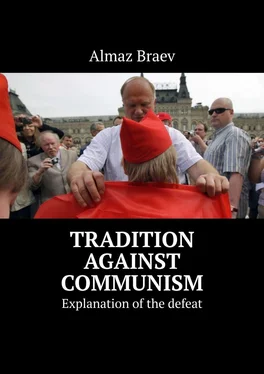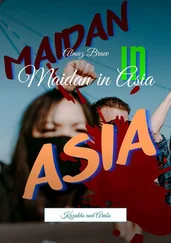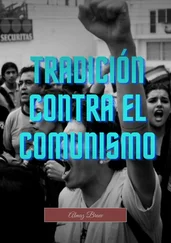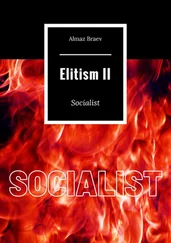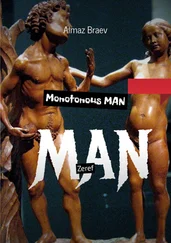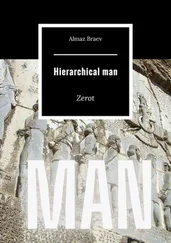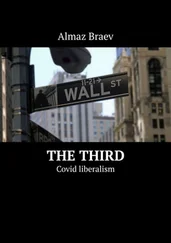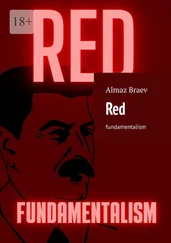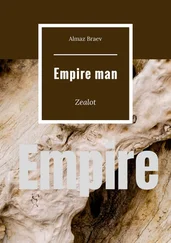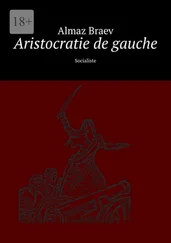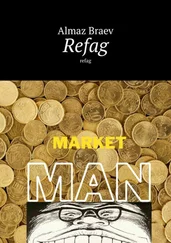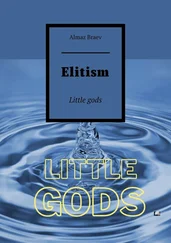Who are these proletarians? Why are they so just and Holy in Karl Marx? These are just Russian peasants who worked for a while at the factory but were or remained peasants by blood and spirit. The Marxist intellectuals raised them above the ground. Did the saints almost. But then the romantics were themselves destroyed, tortured, and shot by these same proletarians – former peasants—this ignorance. And Russian Marxism proved to be a heavy tax on the entire people, the entire society, and all so-called Marxism, which eventually led to the fall of the USSR and the restoration in 1991 the capitalism.
Even after becoming intellectuals in the second and third generation, farmers will think about how to increase their allotment – to build a dacha, for example, or arrange a son in a prestigious University. When this desire became great, privatization took place in Russia. Privatization and new feudalization based on new technologies continue the same tax on the elite when the new elite wants recognition not by the Russian community but by the world elite. The children and grandchildren of Russian peasants have joined the ranks of the world’s elite with big money. This money, this gold, they stole from their people.
WHERE DID “TAKE AND SHARE” COME FROM”
All traditional families have many children. Orthodox fathers could not pass on the same inheritance to all their sons. In Europe, the father passed the inheritance to the eldest son. This inheritance transfer to the eldest son in the family was called a majorat.
The younger children were forced to find their luck. The younger sons went to the city. They created dynasties of urban artisans. All urban burghers – this is all once deprived of the inheritance of their grandfather’s younger sons. Of course, dynasties were created for more than one year. All people grow up, grow old; the moment comes when the younger sons self must pass on the inheritance as fathers. That is, the moment comes when the fathers of the city burghers themselves became stewards of their property. And again, the inheritance was transferred, as it was once in the native village. But it was not so oppressive in the city, not so abrupt. The bourgeoisie has always had opportunities to soften the old mores. Therefore, in the city, the discontent of the younger sons and indignation occurred gently. Younger sons mixed with older sons, and inheritance became a formal action.
Of course, by tradition, the privileges of the elders were formally preserved. But the older ones might be idiots. However, it was always the younger, frivolous sons. Because their parents spoiled them, it is impossible to transfer the property that was acquired by many works of the father and maybe several generations of ancestors to a stupid heir. This can’t be happening. But no one, no father, ever thought of sharing the inheritance equally. This would violate paternal ethics. For traditional people, hierarchy is important in any form. Otherwise, according to its elite (Zerots) will ensure chaos. But where and in what place could the idea arise-to take and divide all the property?
There are places and societies where no one likes the rights of the eldest sons. Such a mood and resentment were always in the younger sons’ minds! The traditional world itself is rebelling in the face of younger sons, and slaves can also be sons and peasants, pirates, bandits, raiders, and even proletarians. Not all rebellious workers are the youngest in their families, but all” proletarians have nothing to lose but chains.” All the rebellious in the world of tradition and the whole world of mankind lived in a hierarchy, among the injustices and exploitation of the weak by the strong, but all the rebels rose against injustice, against hierarchy, against the order established by the elite. The traditional elite is a common father for all. The comparison of the discontent of the younger son, of all the younger sons, with the despair of all the slaves of the world is somewhat strange. But you can’t start a family without a material base! And for what should all the oppressed in the world rebel?
For human rights, for justice? The poets invented this justice for the philosophers of the New time. All traditional people are outraged if they cannot repeat the path of their ancestors, the path of their fathers. For this, they must break the system if the system does not allow them to have children. For what then should they live? Who needs then it’s a dog’s life? That’s why the “take and share” appeared not in the primitive socialists of the people but within the people themselves, which can not, if deprived of the opportunity, repeat the path of their ancestors. There is no tradition, and there is no popular sense. Take and share appeared in the crater of tradition. It was those people who were deprived of their conditional inheritance who raised their fiery lava of protest. Who is there again before your eyes?
Traditional people are Zerefs. Yes, Sharikov’s new Communist looks as stupid as the former dog at first glance. But weren’t all the world’s slave-like dogs for the exploiting elite? You cannot compare all the poor and deprived of the world with the fool and upstart Sharikov. But all the unfortunate people before Sharikov and after Scharikov thought exactly like a Communist Sharikov-take and divide. And Sharikov is a former dog based on Bulgakov’s novel. Previously, there was no teaching of scientific communism. Karl Marx was neither. There was no one to tell the great Spartacus and his slave companions that their cause was that of the doomed. Slaves could still beat the Romans. They could break out of a Roman prison or a Roman Empire. But no more. Then the slaves would create their state. And this state would be paternal again. That is, there would be their tribal fathers. All the fathers have their own older and younger sons. There would be favorites, but also outcasts.
Hundreds of thousands of slaves of capitalism will begin to storm the proletarian sky in many, many centuries. And what are we going to do with them? Don’t look at all the suffering slaves with perfect eyes. Not all slaves are saints, and not all are unhappy. They will take and divide all the property of the “father”, as they think according to scientific communism, but in fact, as their fathers divided them.
But what will happen in the end? It is necessary to look not only at the source of the mountain river but also at the swamp of the Delta. Like all traditional people before and after them, they will create a society of new paternal ethics where there will be their rulers- the red elite, and they’re oppressed with red faces from indignation. Some will have privileges, and others will work for them. And their grandchildren, that is, the privileged third generation, will receive the inheritance bequeathed by their fathers bosses-the property of the entire state of the USSR. Where there is tradition, there is always repetition. That’s why all the revolutionaries and slaves are disenfranchised in our country as conditional younger sons.
TURGENEV’S FATHERS AND CHILDREN
In the 60s of the XIX century, Turgenev's novel "Fathers and children" was published in Russia. The novel became popular. It was popular among Russian liberals, and in Soviet times it was included in the school curriculum. This work is well shown the contradiction between generations.
In fact, Russia was expected to reform in 1861. Russia lagged the West and therefore lost the Crimean war. The Tsar abolished serfdom. Young people raised in the spirit of progressivism, nihilism, and socialism began to resist the conservative fathers. Old people always gravitate to the old ways. In the world of the glorious past, it is customary not only for the Zerots (feudal elite) but for all people of middle and above middle age to live comfortably and well.
Читать дальше
